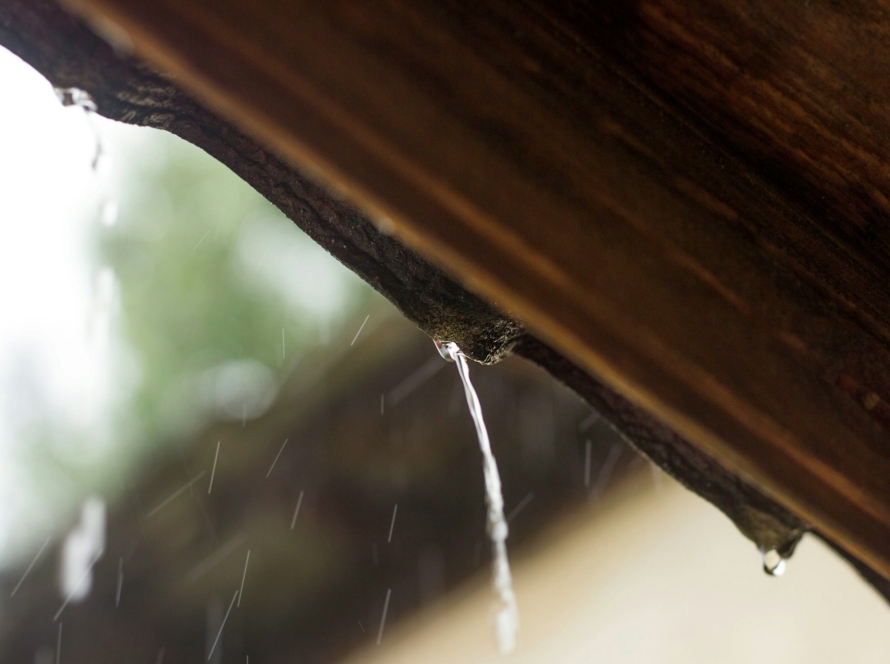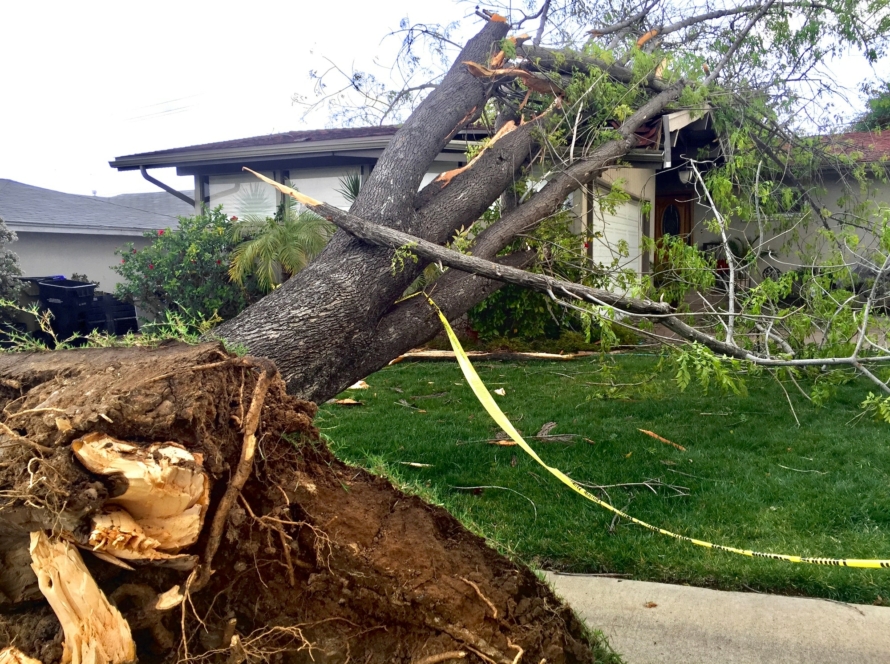Ideally, after a loss, a property owner notifies the carrier, and they agree to pay the claim. The carrier then pays those bills in full promptly. This does occasionally happen. We do hear about it happening, and there are lucky homeowners who have good adjusters, or good insurance companies that take care of them. That’s the ideal situation.
More often than not, the insurance company decides they don’t want to give the property owner what they are owed to put the house back into its pre-loss condition. In that case, that’s a whole new ballgame. That is where we come in.
Once A Claim Has Been Filed, What Generally Are The Property Owner’s Responsibilities At That Point?
Typically, the policies require the insureds to show the property and grant access to let the insurance company investigate and adjust the loss. The property owner might have to produce documents, or give a sworn statement to assist the insurance company’s investigation, or fill out a sworn proof of loss. It is dictated by the policy what the post-loss conditions are for the insured.
Should The Homeowner Be Paying For The Damages And Getting Things Repaired Or Is It Best To Wait For A Settlement?
Everyone has different financial situations, and in the case of people who can afford to pay cash out of pocket immediately to address the property damage claim, that is ideal. Other people don’t have that kind of money to come out of pocket, so they might only be able to have their mitigation work done, and they might want to wait on the rebuild portion of the claim to see how much money that the insurance company ends up paying. I’ve experienced both, it works differently for everyone, and it boils down to a personal financial decision.
Remediation is the cleaning up of the initial damage. Then, there is the build-back or reconstruction, which puts the home back to its pre-loss condition. The losses are divided into those two phases – mediation and reconstruction. There are some contractors will do the work upfront in exchange for the promise to be paid back when the insurance company ends up paying out as a result of the lawsuit.
Once The Claim Has Been Filed, What Are The Responsibilities Of The Insurance Company At That Point?
The insurance company has 90 days to investigate the claim, make a claim determination, and either issue payment or deny the claim. The contract between the insured and the insurance company requires that the insurance company restore the property to the pre-loss condition. That’s the standard that we’re looking at, so as a consumer, that’s what you want to hold the insurance company to in exchange for your insurance premiums that you diligently pay every year. These typically amount to thousands of dollars or more in exchange, and when there is a loss, the insurance company is expected to pay for both the mediation of the loss and the restoration of the property to its pre-loss condition. That is their duty.
If All Goes Well And The Insurance Company Were To Approve The Claim And Everyone’s Getting What They Want, How Long Ideally Should This Process Take?
If all goes well in a best-case scenario, I’ve seen it take a few weeks to complete the claims process. Typically, though, a few months is more realistic, especially when you’re talking about construction. Right now, we see a lot of labor shortages, and construction currently takes much longer than it used to, so that might make a reasonable expectation of a claim from start to finish a few months longer now than it was a couple of years ago. In the best-case scenario, it’s not unusual to see an insurance claim filed and denied two months later. It’s presented to us, we represent the client, we send a demand letter, and then within a couple of weeks, the insurance company decides to pay. On average, these claims probably take six to eight months if they go into litigation. Sometimes, the process is much shorter, and it can also be much longer.
For more information on First Party Insurance Claims In Florida, an initial consultation is your next best step. Get the information and legal answers you are seeking by calling (407) 915-5447 today.
Schedule a FREE Consultation.
Submit your case details swiftly through our contact form for Payne Law’s prompt review and response.
Error: Contact form not found.



